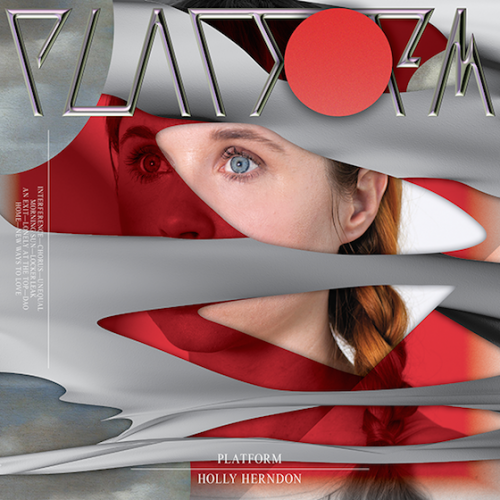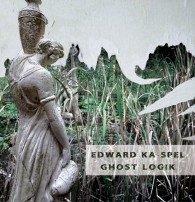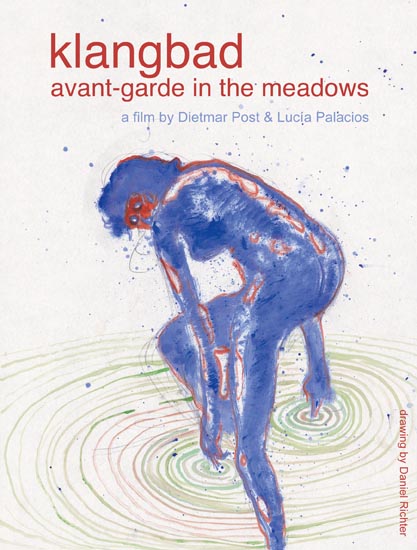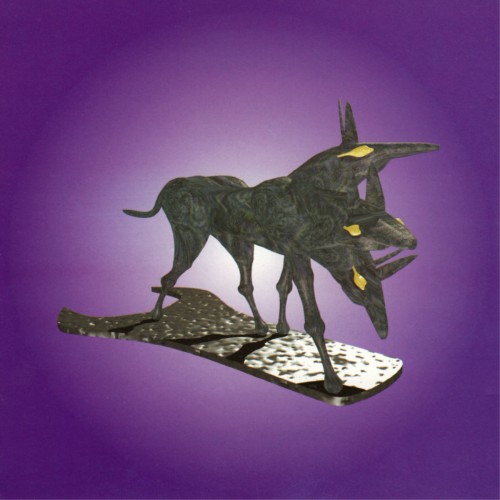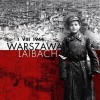 Poland fared worse than most in World War 2; the fields and woods are still littered with macabre reminders of the grim extent of Nazi ideology. By August 1944, sensing the Nazis were losing their grip on Europe, thousands of poorly-armed residents of Warsaw decided enough was enough and fought back. Things went quite well to start, much of the city falling under partisan rule — but without the promised Soviet assistance the uprising quickly crumbled into surrender some 63 days later. The numbers were staggering: over 200,000 people lost their lives, mostly civilians, with the survivors feeling the full wrath of the German army as they razed the city to the ground. In light of this, I should imagine it being a sensitive issue to commemorate, let alone celebrate, especially since the Soviets tried to (surprise, surprise) bury all memory of it until Poland broke free of Russia’s shackles in the late ’80s.
Poland fared worse than most in World War 2; the fields and woods are still littered with macabre reminders of the grim extent of Nazi ideology. By August 1944, sensing the Nazis were losing their grip on Europe, thousands of poorly-armed residents of Warsaw decided enough was enough and fought back. Things went quite well to start, much of the city falling under partisan rule — but without the promised Soviet assistance the uprising quickly crumbled into surrender some 63 days later. The numbers were staggering: over 200,000 people lost their lives, mostly civilians, with the survivors feeling the full wrath of the German army as they razed the city to the ground. In light of this, I should imagine it being a sensitive issue to commemorate, let alone celebrate, especially since the Soviets tried to (surprise, surprise) bury all memory of it until Poland broke free of Russia’s shackles in the late ’80s.
Personally, I’d much prefer a gutsy, rage-shimmering display, welling up in cavernous chatter, stewing on the raw facts. The Laibach of old would have had a field day with this, no doubt silhouetted by sinister stag heads whilst plucking the breath from your body with every thunderous beat; but instead they’re more at home to wallow in some pop sentiment with funky slabs of slap-bass and subtle galoshes of crunching boot. Don’t get me wrong — some of “Warszawskie Dzieci” is quite haunting, the words strung around heartbeats are a nice touch — so are the velcro-hooked spy-like dramatics that twist through (abeit with great subtlety); but when it hits that Eurovision grandiosity, I’m left half expecting Susan Boyle to suddenly start warbling her heart out as Laibach replace exploding bombs with blaring stage lights, spilt blood with airborne glitter; maybe that’s the point: it is a celebration, after all.
The second track, “Zog Nit Keyn Mol” adopts a Euro croon to lamentful cages of violin and cello. It’s a good start, sort of eases in the right direction — the Laibach hoarseness is there, cruising a nice low slung boom — but then it leaks a glizty ’80s maxi-single vibe and completely misses its chance of any gravitas. Fortunately, “Mach Dir Nichts Daraus” eats back the appreciation in a slow distillation of piano and cello coupled with morse-code fidgets, whilst a ’30s siren dines with your senses. A road less travelled gorgeously cut up in unusual processions, slicing sabre strikes and splashes of zithering billiards; but it’s all a little too late and I’m left disappointed as I really, really wanted to like this; but it leaves me with the feeling that it has squandered a great opportunity to bring a bit of uniqueness and poetic reflection to the tragically heroic historics.-Michael Rodham-Heaps-
